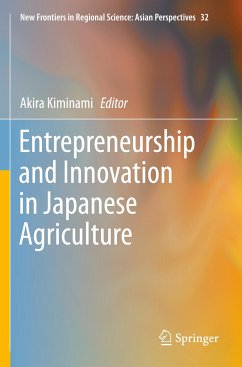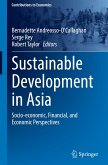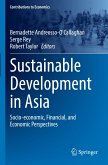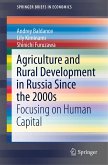This is the first book to comprehensively analyze key issues regarding innovation, entrepreneurship, and human resource development in the Japanese agricultural sector. Despite the fact that innovation and entrepreneurship are vital to the development of modern Japanese agriculture, there have been comparatively few studies in this field; in addition, they have been virtually none on measures for developing entrepreneurial human resources or innovation in agriculture.
The agricultural sector's declining competitiveness and sustainability as an industry in Japan are serious concerns, especially in combination with an aging labor force and decreasing farmland. To date, Japanese agricultural policies have largely concentrated on accumulating farmland and securing a sufficient agricultural labor force. However, from the perspectives of industrial and regional development, policies focusing on creating innovation, the driving force of economic development, have been recognized as being more effective. Moreover, there have been some recent developments concerning innovation and entrepreneurship in various regions of Japan.
This book provides a wealth of significant findings from studies on successful cases involving e.g. agricultural clusters, agriculture-commerce-industry collaborations, networking, franchising, and corporate entry-induced innovation utilizing limited regional resources; and how they have contributed to the development of each region. The interrelationships between innovation, entrepreneurship, and human resource development are then clarified, and effective policies to promote Japanese agriculture and rural areas are suggested. Given its scope, the book contributes to the advancement not only of farm management science, but also of regional science and related fields.
The agricultural sector's declining competitiveness and sustainability as an industry in Japan are serious concerns, especially in combination with an aging labor force and decreasing farmland. To date, Japanese agricultural policies have largely concentrated on accumulating farmland and securing a sufficient agricultural labor force. However, from the perspectives of industrial and regional development, policies focusing on creating innovation, the driving force of economic development, have been recognized as being more effective. Moreover, there have been some recent developments concerning innovation and entrepreneurship in various regions of Japan.
This book provides a wealth of significant findings from studies on successful cases involving e.g. agricultural clusters, agriculture-commerce-industry collaborations, networking, franchising, and corporate entry-induced innovation utilizing limited regional resources; and how they have contributed to the development of each region. The interrelationships between innovation, entrepreneurship, and human resource development are then clarified, and effective policies to promote Japanese agriculture and rural areas are suggested. Given its scope, the book contributes to the advancement not only of farm management science, but also of regional science and related fields.








